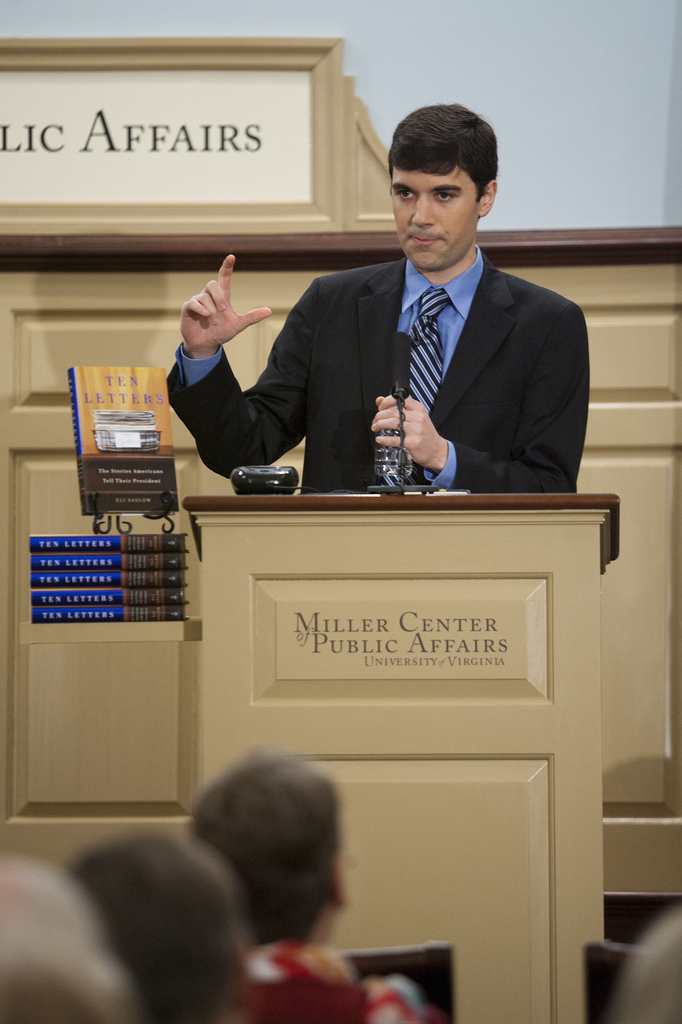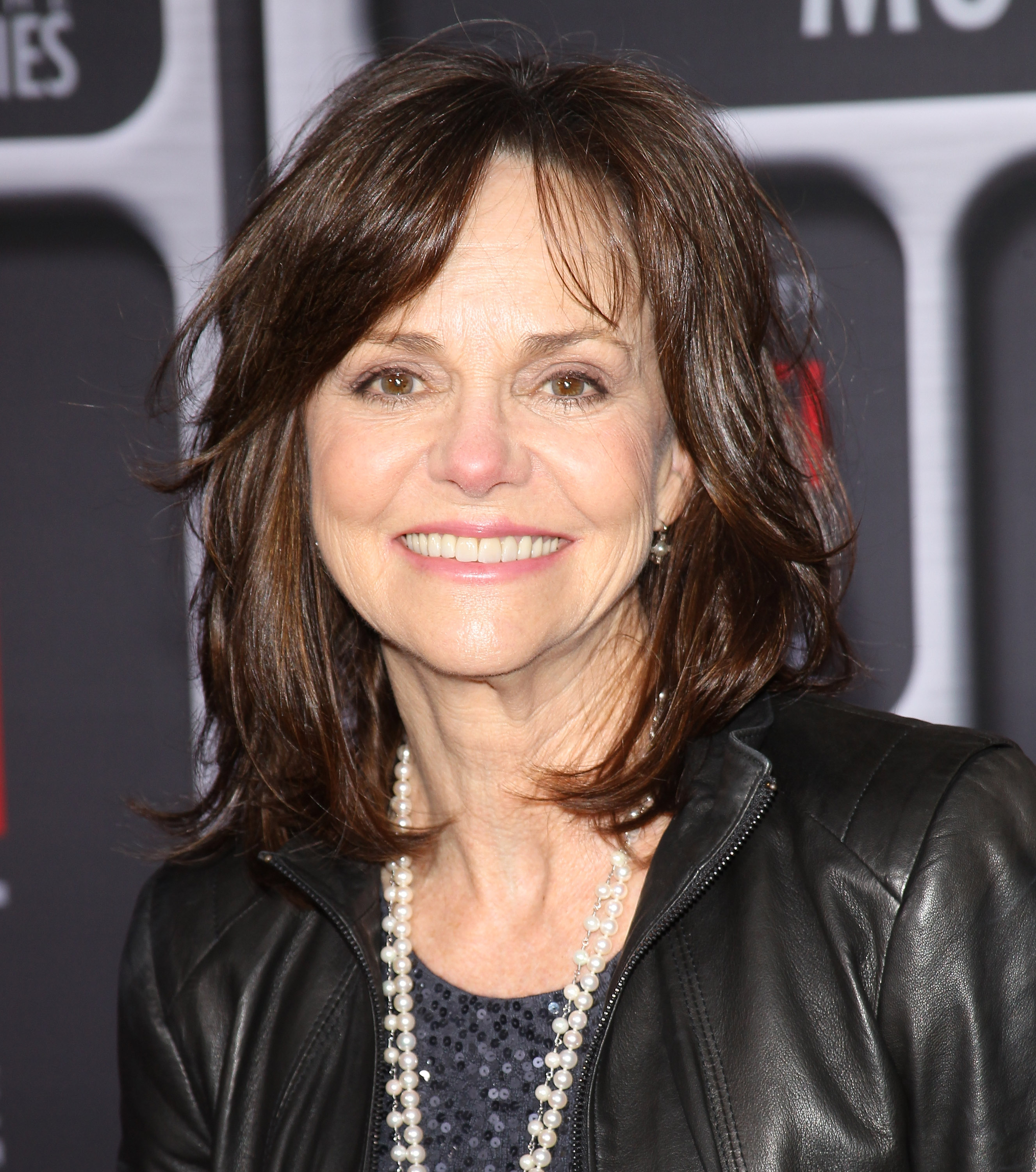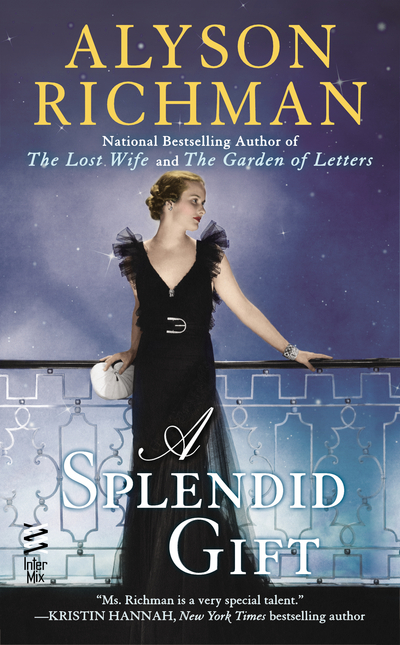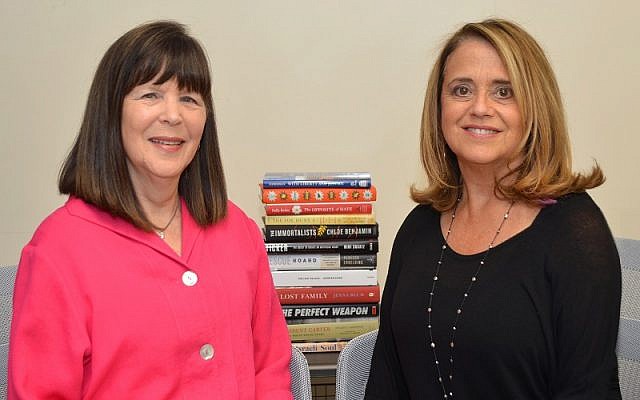What to Expect from Book Festival Co-Chairs
AJT and the 27th Annual Book Festival of the MJCCA bring readers a quick guide to this year's offerings.
The annual Book Festival of the MJCCA kicks into high gear next week after a soft opening with the Prologue to the festival that began Oct. 13. But planning for the two-week event for one of the nation’s largest Jewish book festivals, now in its 27th year, began in January and ramps up in the spring. More than 13,000 attendees are expected for the event that features 45 books and authors.
The co-chairs of this year’s festival are Bea Grossman and Susie Hyman, both longtime participants in the various committees that help plan the event each November. Pam Morton is the MJCCA’s festival director. There are more than 200 volunteers. We asked the co-chairs and director to explain the selection process and what attendees can expect at the festival.
AJT: How do you find the books you select?
Grossman: The first way we find books is through the Jewish Book Council Network, which is in New York City every May. That’s an organization that helps promote Jewish authors or authors with books that have Jewish content.
This year I think about 15 people from Atlanta went to New York. We see maybe 250 authors over a three-day period. It’s like speed dating. Each author has only two minutes to talk about their book. There’s also a reception where we can have the opportunity to meet with the authors one-on-one. We narrow down a list of books and bring it back to our author selection committee.
The second way we find books is through local authors who contact us directly or through our author submission form.
And then the third way is that Pam Morton has many established relationships with publishing houses and publicists, and that’s where we get many of our keynote speakers.
AJT: When you’re discussing a book here in Atlanta, what are the questions you ask yourself?
Grossman: We want to make sure we’re appealing to a wide range of readers and interests. That is foremost in our mind, trying to make sure how well we can serve our community.
And so much of it is a committee decision too. Yes, we all have, you know, our personal preferences, but in general, I’m going to fight for what’s going to make great programming and a great lineup.
There are people in New York where we’ve heard them speak for two minutes and they’ve been captivating with a fascinating subject, so, we say, let’s see if we can work this into the schedule. In general, I try to have a diverse schedule where there’s something for everybody.

AJT: Susie, are you more of fiction or nonfiction person personally?
Hyman: Well, I would say in the past that I was more of a fiction reader. But I have to say from going to these events you learn so much from programming non-fiction. For instance, Eli Saslow, who was just here recently. He wrote “Rising Out of Hatred” about a person who changes after being a white supremacist.
He’s a Pulitzer Prize-winning journalist from The Washington Post who is an outstanding speaker. He was just fascinating. The entire audience was eating out of the palm of his hand because he was so knowledgeable and personable. I’m always so giddy when I come away from our programs because of so much you are able to learn and hear about.
AJT: How important is the author’s way of speaking, that way of presenting themselves to keep an audience listening?
Grossman: We take that into consideration. Yet we also have fabulous interviewers for many of our authors. We’ve learned over the years that having that one-on-one conversation brings the audience in and hopefully can eliminate that challenge.
AJT: I suppose people will get a chance to have their books signed at the festival and have a word or two with the author?

Morton: Tom Hanks and Sally Field will be pre-signing books, but I think absolutely all the other authors are doing signings, and we’ve had many celebrities who have done signings in the past. Alan Alda has signed for everyone and so have Larry King and Regis Philbin. Jon Meacham this time around will be signing as well as Peter Sagal, Mike Luckovich and Joe Lieberman, among others.
AJT: So, let me ask, what’s ahead? Anything you can share with me about the year to come?
Morton: We’re doing a huge best-selling novelist named Elinor Lipman and her book “Good Riddance” on Feb. 13. She’ll be in conversation with Emily Gibson, who’s also a New York Times best-selling novelist who lives here in Atlanta.
We’re also doing two other novelists in February that are very popular with our book clubs, Alyson Richman and Pam Jenoff. So, they’re going to have a book club night. And we’ve got a lot of irons in the fire that we’re still kind of ironing out.
Hyman: From going to the book festival I’ve gotten to know more of these authors. Alyson Richman and Pam Jenoff are two of the ones that I didn’t know before. I learned about them through the book festival and now I really enjoy reading their books. So, the book festival gives you a way to develop an interest in new authors.

AJT: The book festival is really becoming more of a year-around event, isn’t it?
Morton: Oh, absolutely. I think we did maybe 15 events outside of the festival last year. Our goal is to try to do something once a month. We always try to do kind of a blockbuster, fun summer event that’s our patron kick-off for the next season.
This past year was Emily Gibson. We’re in conversation now with Jennifer Weiner with her new book. Yes, we really do love to do these year-round events. It just has to be the right program. There’s a lot of things that go on in our community. So, we’re, I think, a little more selective about what we program on our Page From The Book Festival events.
Grossman: There are a lot of great opportunities when authors are on tour and books are being published that are not in November. It’s incredible. It used to be mostly in November and now it has turned into a year-round program and we volunteer year-round.




comments